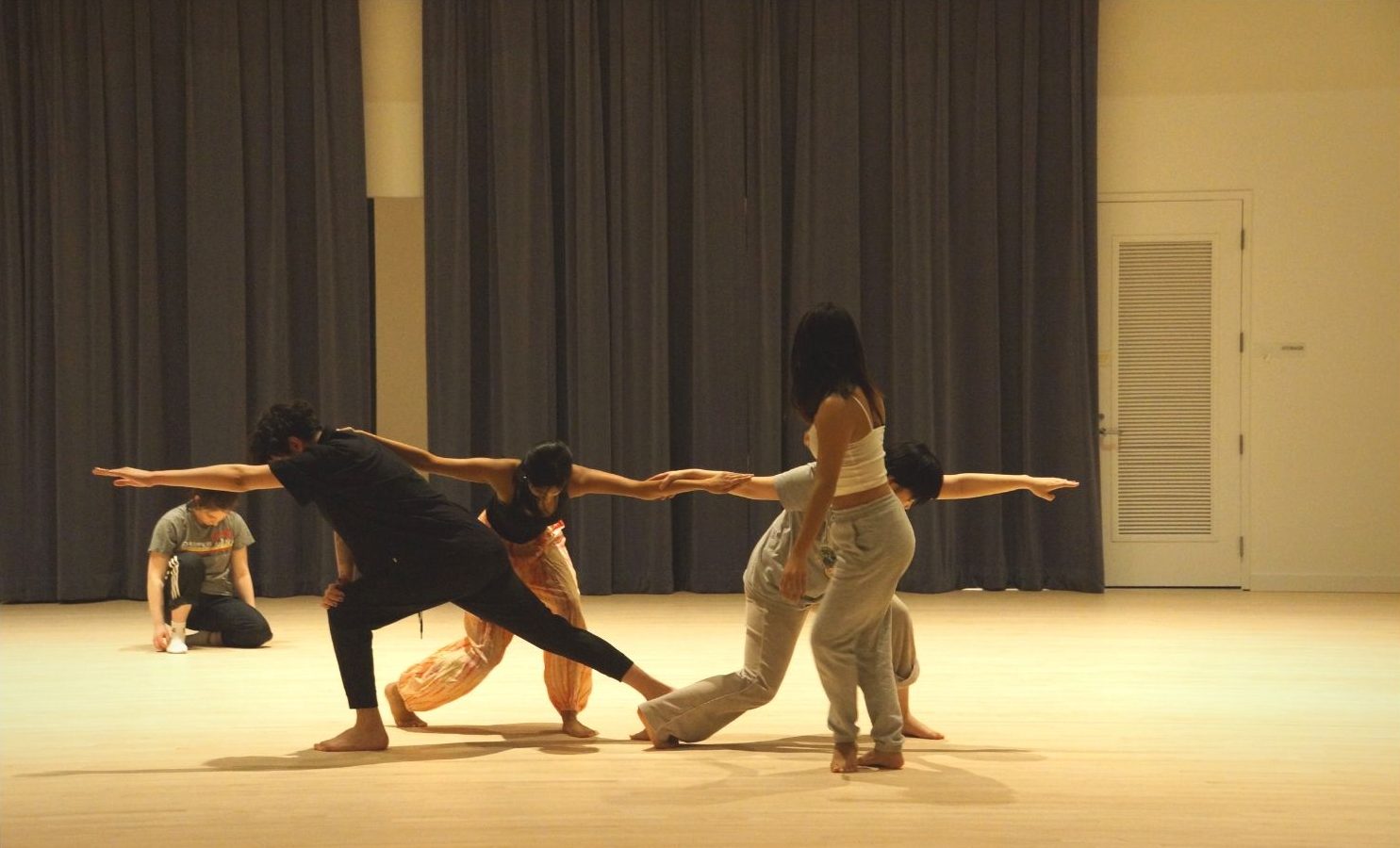Performance Methods: Shakespeare to Butoh

THDA 245, Performance Methods: Shakespeare to Butoh (PM:S2B) is an experiential survey of selected performance methods in theater and dance. Artists developed these methods during specific historical periods, often in critical opposition to norms, or due to widespread crises. Through historical and critical readings and embodied laboratory workshop, students will research these methods’ genesis, principles and significance. In addition to research in Shakespeare and Japanese butoh and post-butoh dance, the course may cover: Italian commedia dell’arte; Dada performance; Method acting and the Great Depression; origins of Brazilian capoeira; Bread and Puppet Theatre “cheap art” performance, and other methods. The students’ final projects for the course will be the teaching of methods they have learned through independent historical/embodied research.
Course Objectives
- Acquire vocabularies, knowledge of performance histories and styles, and workshop training experience;
- Practice archival research and embodied research in tandem — thereby developing capacity in THDA’s unique method of “performance-based research” (PBR);
- Investigate how knowledge is passed on through teaching lineages, oral transmission, notational practices and other documentary means;
- Develop critical awareness of cultural and historical contexts in the teaching of performance methods;
- Conduct original performance-based research and, modeled consciously on course workshops, teach the vocabularies, histories and performance methods researched.
Methodology
PM:S2B uses a variety of approaches to investigate each “method:” readings and film clips that provide historical context; primary source material such as scripts, production records, artists’ journals and sketches; scholarly reconstructions of performances or analyses of performance impact; 3-hour laboratory workshops that allow students to experiment, physically, with the exercises, scores, and techniques connected to each method. The workshops are taught by Beth Cleary, and by guest artists with expertise in methods covered by the course.
Evaluation
The course community is vital to the success of the course;
- Participation: 40%
- Two “warm-up” research projects: 30% (15% each)
- Early in the semester
- Final research projects: 30%
- Including mini-workshop and supporting materials